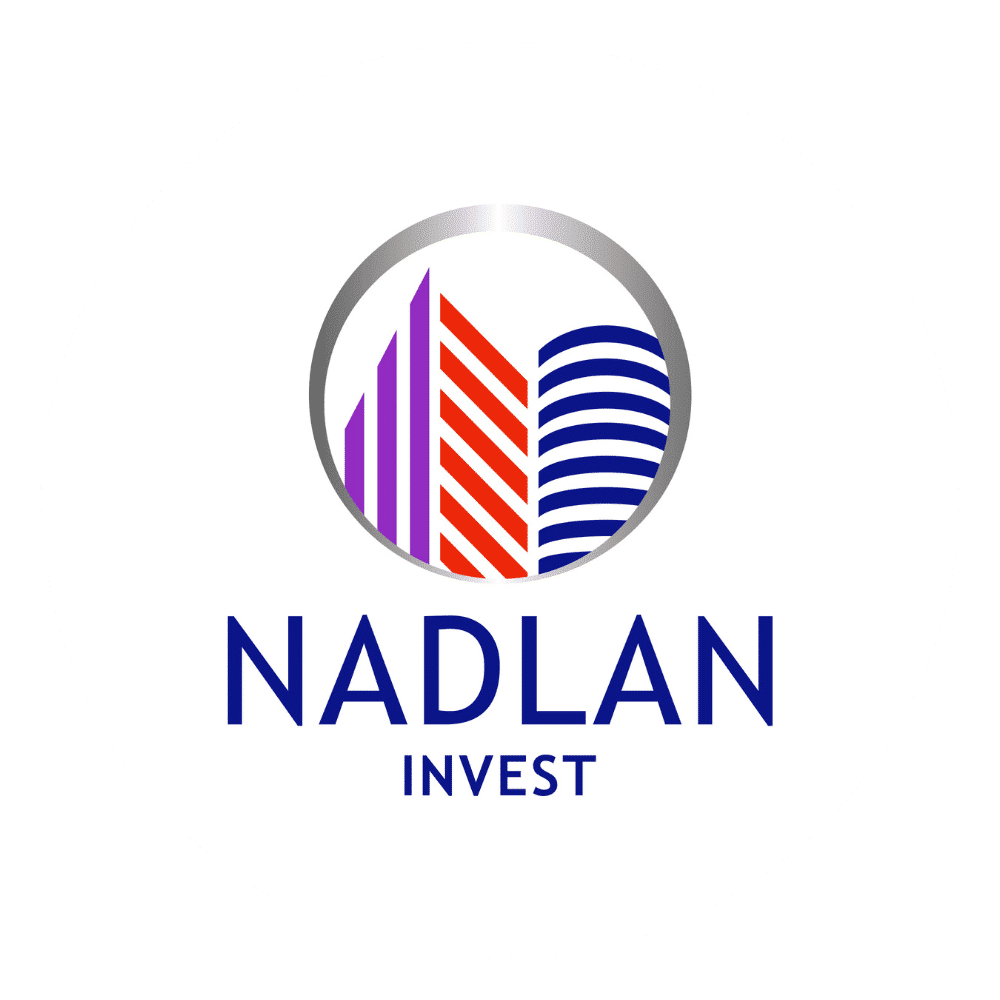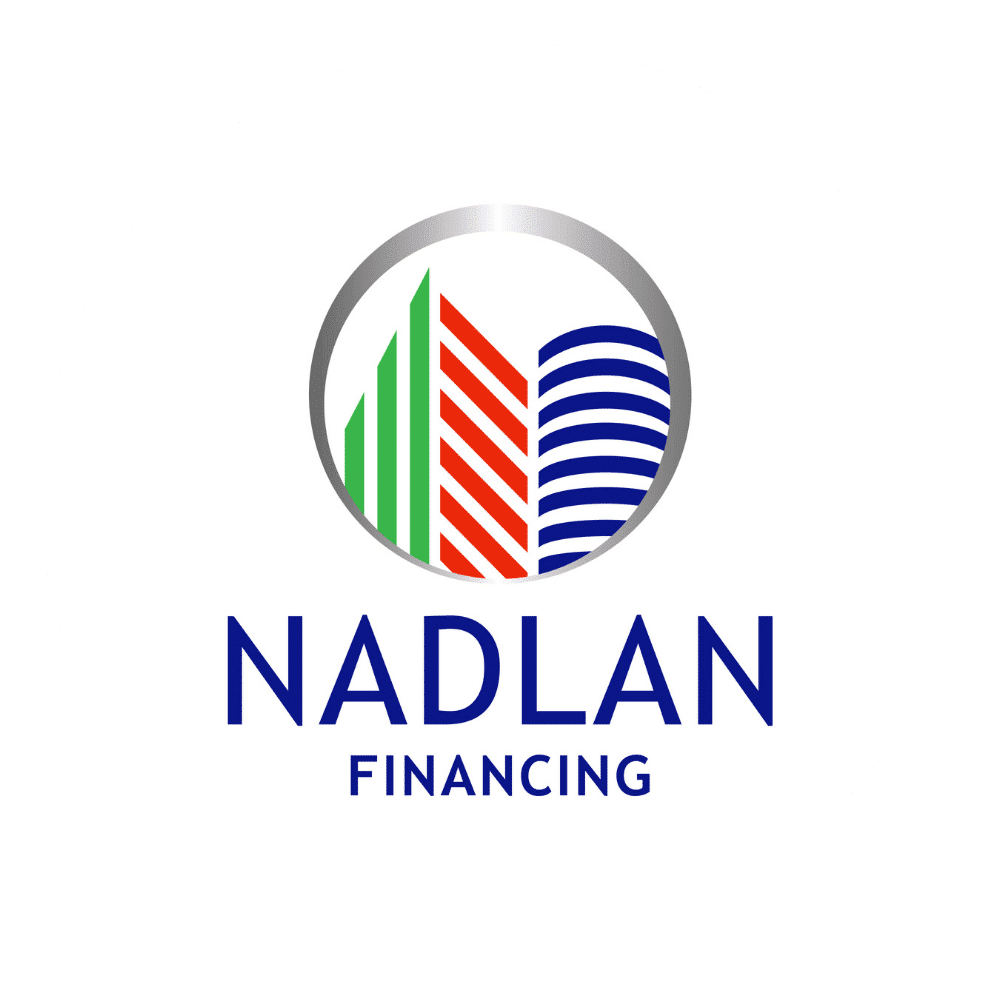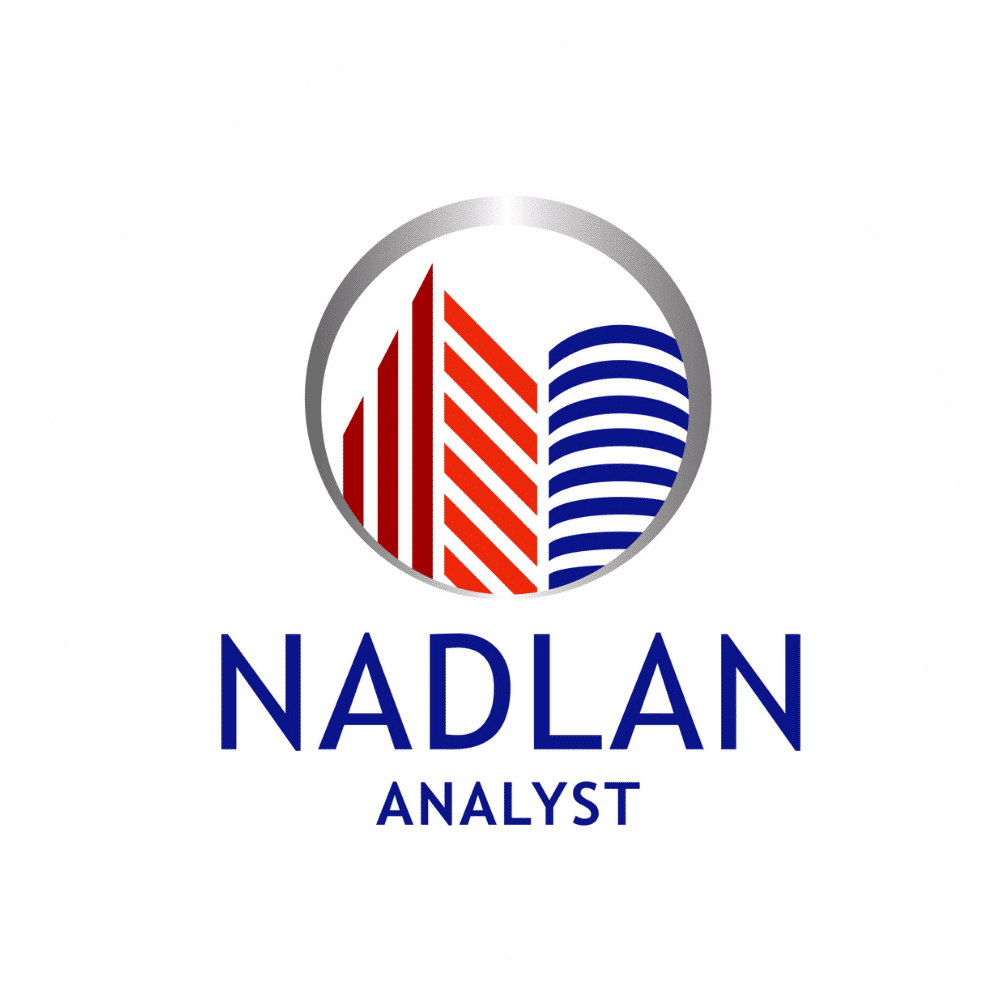Private Homes VS Residential Complexes

Private Homes VS Residential Complexes
The difference between investing in private homes and residential complexes -
We are asked a great deal about the differences between the different investments, the advantages and disadvantages of each type of investment (I will refer to the holding of the asset rather than the clip).
I'll start by saying that there is not one type of investment better than the other, the difference is in your suitability for each type and strategy of the investment you chose.
Investment in a private home - Single Family
This is the purchase of an asset in favor of holding it for the long term. Most of the property will require a renovation in its purchase, since this can generate profitability from the beginning. Afterwards, the property will be leased until it is sold.
The advantage? The American dream of a private residential home, holding direct ownership (or under LLC), allows decision making and control at any given moment (add that there is dependence on the market situation), the ability to change the designation of the property more easily than from long-term rentals to short-term rentals under your control.
The downside? Activity in investment management, zero or one - means that one - there is rent, zero - no rent - are in the dichotomy of have or no income and it creates uncertainty, one of the things we noticed is that most people who are not entrepreneurs or without sufficient knowledge, have difficulty accommodating Fluctuations and changes in the property, for example eviction of a tenant ("By what right does the tenant stop paying?") Or replacement of air conditioner or roof until payments of municipal taxes and property taxes (is not it on the tenant ?!) and prefer to see income rather than ownership.
Another point is that we are good Israelis, we want to invest as little as possible and get as much as possible, I do not write it cynically, it's true, and that's fine, part of our character, and that comes to the advantage in most cases. Low income (or higher risk flips) than investing in a stable area that will require a larger investment (monetary) along with lower profit margins but with a high potential profit on the sale of the asset.
Most of us do not have the time to wait and would prefer to see a larger, faster flow - however, investing in an area with a low income will often generate activity, a need for decision making, greater volatility in tenants…
The important statistic to keep in mind here is the cost of replacing a tenant - also the cost of eviction, renovation, locating the tenant until he enters and we see no cash flow but expenses - in order to invest in low-medium areas you will need a fairly large investment budget. The others cover for these and yield nice returns.
Investment in a MultiFamily complex
I will refer here to a multi-family of an existing building, by definition it is a multi-tenant complex - over 5 residential units.
The goal of the purchase is to buy a compound, to improve it, to improve the tenants in terms of the quality of the tenants and the rent they pay and then decide to sell or continue to hold.
The advantage? Greater dispersion, more stable locations, when purchasing a complex with existing tenants there is cash flow from the moment of purchase, there is a lending bank that examines the investment, dividing expenses of repairs and maintenance by ownership percentage, local management company that have an office in the property with a representative Hence the handling of faults is faster and the tenants are satisfied, usually (but not obligatory) there will be shared services such as a laundry room, tenants' room, pool, adjacent parking, etc.
The downside? You are not alone, the bank with you, will usually be a local entrepreneur, if something goes wrong - it's big, partners with you in raising capital, no ability to make independent decisions like when to sell the complex (most investors will be passive).
No investment is better or less, one of our understandings, from experience accompanying hundreds of investors is
That most Israeli investors are looking to generate cash flow and not necessarily be active and make decisions because they simply do not understand enough in the field and therefore prefer more quiet and less risk.
If you have a very large budget for investments then entry into low areas can be an option because even if one of the assets will require maintenance others will compensate for it, on the other hand the ability to generate a potential profit small because the profit expected from the sale is lower than holding a residential area in a more stable area.
Investing in MOLTI may reduce control but increase investment by many parameters. First, banks will prefer to finance a larger project because it is more profitable for the bank.
The renovations will be carried out by large, stable companies and not by a smaller contractor / contractor (by the way, this unit is cheaper compared to the large companies).
There is an entrepreneur with an investment interest (make sure that the local entrepreneur enters at least 10%)
The buyers will not be investors or private individuals who depend on the mortgage to purchase - but funds, banks or large private entrepreneurs that a change in the mortgage can have less of an effect on (under stable market conditions).
Again, every investment is good as long as you connect to your strategy and beliefs in your abilities, we believe in growth processes!
I'd love to hear more insights you may have and I may not have registered in Post 🙂
Nir Leibel
Link to the original post on the United States Real Estate Forum on Facebook - Works on a desktop computer:
http://bit.ly/2GsHBcP
The original responses to the post can be read at the bottom of the current post page on the site or in the link to a post on Facebook and of course you are invited to join the discussion









































Aspire on the post! I have not tried Multite yet, but it sounds quite interesting to disperse risks
Can respond from an investor who has experience in both types of investment:
Indeed, the multifaceted is more passive and managed for me, in exchange for some ratio of income or future sales profit.
On the other hand, assuming that the transaction is conducted honestly and transparently, and the developer also invests his money, an identity of interests is created to improve the property and its operation, which is done more efficiently, cheaper (due to size), since we all benefit from the same direction.
In direct possession, at least from my bad experience - if you buy a venture / Israeli company, which has already purchased and "renovated" the property, you get a great scam - the property will usually be renovated to a poor standard, in a bad area and sold to you 2-3 times its market value. Cover of a completely and comprehensively renovated property, in a well-kept neighborhood and with a comparison to property prices that are not related to your property. There is no identity of interests in the deal and in many cases you will find fraud and deception here.
It is very important not to mention that more than five units of the property are defined as commercial. In many cases, the heating systems, roofs, gutters, electricity and more will be defined as commercial grade and their maintenance cost is significantly more expensive. In addition, all the maintenance issues under the fire code, fire walls, sprinklers, mechanical walls, is also complex and has costs over the years.
Multi as a commercial asset is not always fully correlated with the regional comp, but is priced according to performance, and its financial statements have a large impact on the price, one should know well to read the reports in buying and know how to prepare the reports for sale. The issue of depreciation and replacement is also very important and they must be part of the strategy…
Another problem for Israelis, which the bank does not see, and they depend only on the American entrepreneur. Most of the investors' transactions were recorded in Limited Partner and the entrepreneur in General Partner, which means that if the entrepreneur makes a mistake or misbehaves, the bank deals with it almost without reference to investors.
Completely different management fees, there are also permanent employees who are on Pay Roll (depending on size)
It does not matter if you do it right, but it is almost impossible to compare it to private homes.
Excellent post. Thanks Dessie
Hello Jesse,
Thanks for the post, I'm missing some differences in terms of the cost of purchasing SF versus Multi?
Also, how different is the activity of the management company in Multi compared to a private property?
What a post I particularly liked about the Israeli character. Agree with every word. Lots of success later
Great content and writing, thank you very much!
Other differences:
Multi can be sold only to the investor
Private house can be sold to future home owners.
A multi-value valuation is usually based on the income it generates.
Valuation of a private house, is according to similar sales recently in the region.
thank you and good luck!!
Great article, I would love to hear about the differences between the multi and the single from the operational point of view… What sets the multi apart ?? For example in my multi (only 4 units) I discovered that there must be an independent fire detection system which is not required in a single…
Bieber Flipper will be the Real Estate Real Estate Post of Real Estate. Gnomes and Giants Thank You! ???????
Thanks Dessie! I liked and hooked up to what you wrote that you buy something cheap in a less good area. The numbers on the paper look stunning but the preoccupation and fear that they will not pay high so I prefer to get less but on the road buys a chance for higher peace of mind. And summarize in the sentence what comes cheap goes out expensive 🙂
Thanks Dasi Leibel. An important explanation for those who choose their path in the real estate world. ?????Be strong and courageous!